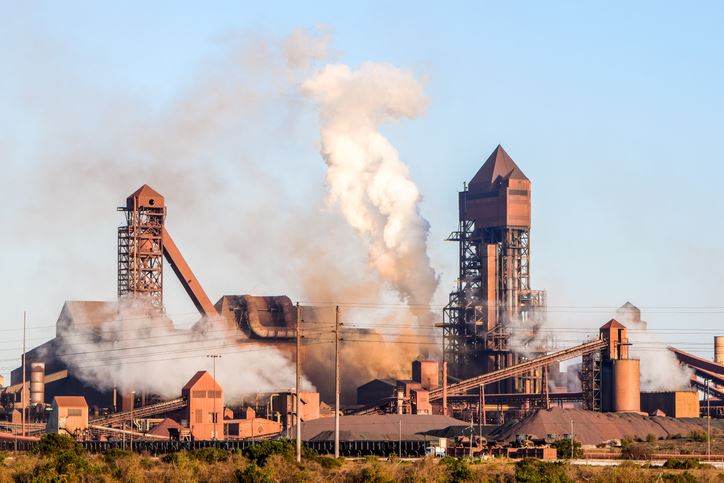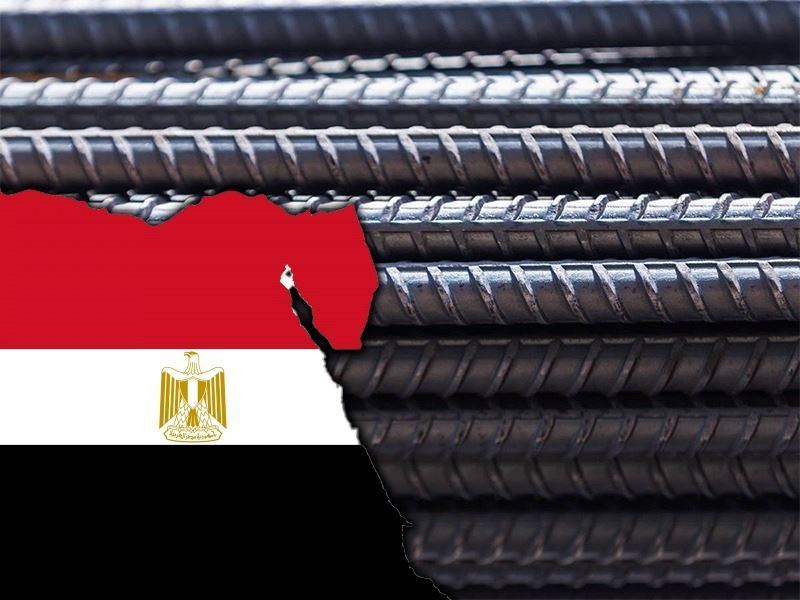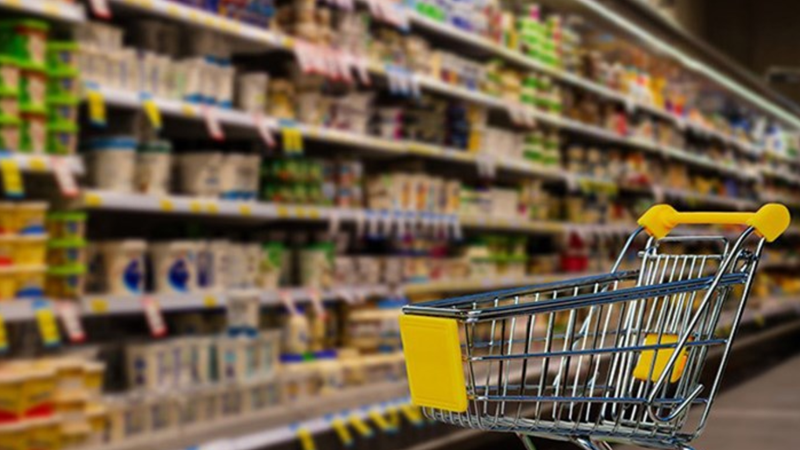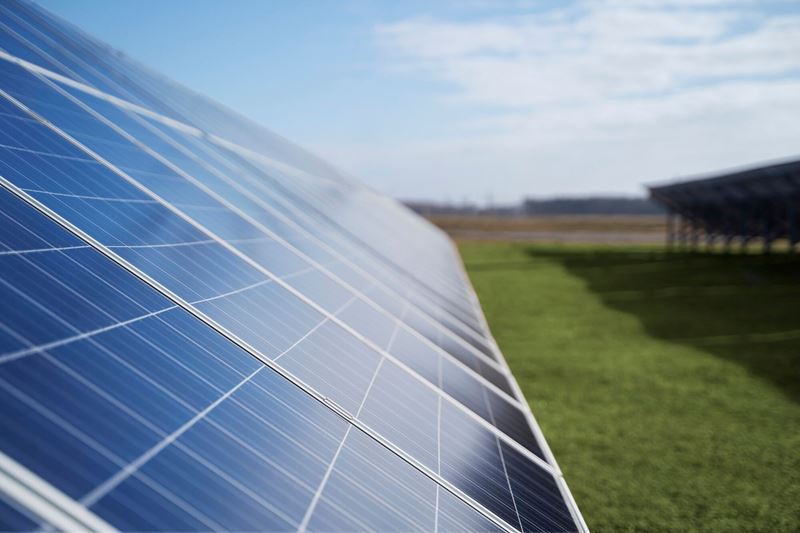ArcelorMittal South Africa (Amsa) is facing a tragedy due to excessive policy and insufficient market competition in the steel value chain. The 2006 ROU assumes that China operates like most capitalist economies, with a light touch of government intervention. However, many countries do not grant China market economy status in anti-dumping investigations, leading to larger anti-dumping duties. As long as South Africa retains the ROU, anti-dumping actions will only deliver limited benefits, particularly on steel.
South Africa stopped using the countervailing instrument around 2010, which means it cannot directly tackle the subsidy component of imported steel. This decision was taken by Dr. Rob Davies, flush with excitement from joining BRICS. From 2015 to 2022, approximately 202 countervailing duties were imposed globally, with 52% of those on base metals (almost all steel). 47.7% of all countervailing actions in that period were against China, so it is fair to assume a large proportion of the steel subsidies acted on were provided by China.
The decline in manufacturing and construction activity also means less scrap steel is available, and the way mini-mills are kept stocked with cheap scrap steel is through the Price Preference System (PPS). This is a forced discount of 30% for the domestic sale of scrap steel, as the 20% export duty on scrap steel, which was meant to replace PPS, is now added onto all exported scrap steel.
The Industrial Development Corporation's R14-billion exposure to the mini-mills, which produce around 20% of the steel in South Africa, is locked in both PPS and scrap metal export duties. Comparing this to Amsa's market capitalisation of R1.4bn, despite producing 50% of South Africa's steel, the mini-mills are completely dependent on support and subsidies from factories, mines, and construction companies. Transnet, the single largest supplier of scrap steel in South Africa, is contributing directly to the subsidy.
Approximately 3 million tons of scrap steel are generated per annum, of which 160,000 tons (5%) are exported, with the balance being consumed by the mini-mills locally. If this scrap was all sold at PPS (30% below global prices), this would result in a value transfer of approximately R8.5bn in 2023 from the productive part of the economy to the state-dependent mini-mills.
Ideally, PPS needs to be scaled back to something more sensible, or export duties must remain and PPS must be removed. This would prevent Amsa from fiddling with the market to a point where half of its primary steel producer closes and all they are left with are mini-mills extracting R8.5bn out of the economy to provide 20% of the steel consumed locally.











Comments
No comment yet.